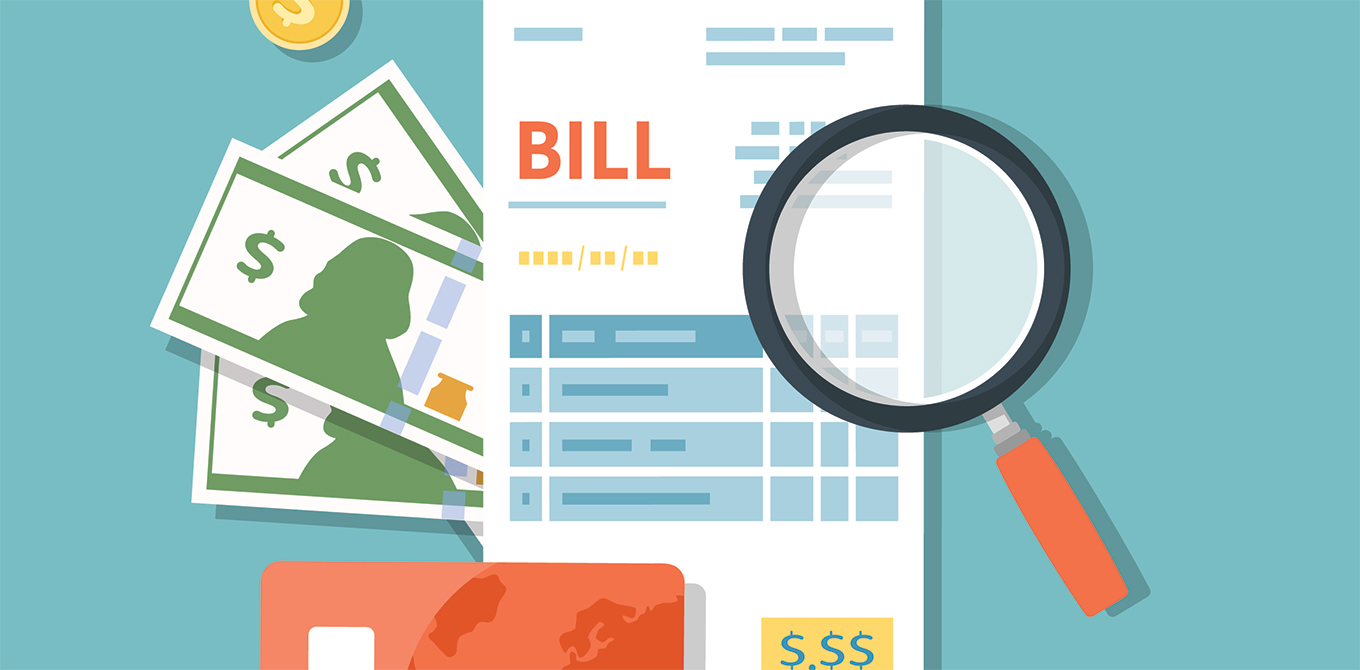4 Ways to Boost Your Emergency Fund
Most of us have seen the guideline: You should have three to six months of living expenses saved up in an emergency fund. For the average American household, that's $15,000 to $30,0001 stashed in an easily accessible account. These funds will help you deal with an unexpected job loss, major medical costs, or other emergencies. Having this cushion will keep you from going into debt if disaster strikes, or needing to ask family and friends for a handout or loan.
That's all well and good, but that's a lot of money to save, especially when money is tight. Although it might seem impossible, it can be done.
Here are four ways to start an emergency fund, even if you have trouble meeting your daily expenses.
1. Look for extra money (no matter how small)
Any time you get extra money you weren't expecting, set it aside. Tax refunds and inheritances are the most obvious types, but there are others, too. Maybe you receive a monetary gift from a family member, or a Christmas bonus, or a refund when you update your insurance policy; you might be issued a reimbursement for an overpayment. How about when you get cash back on a rewards credit card, or simply find a $20 bill in the laundry? Whenever extra money comes your way, put it in your emergency fund.
If your urge to spend it cannot be denied, compromise and spend just a percentage, such as 10%. You'll get the excitement that comes with buying something while making progress toward your savings goal.
2. Get creative with your income
Think beyond your regular paycheck to help boost your emergency fund. Consider a part-time seasonal job, such as retail shifts during the holidays, landscaping over the summer or even pet sitting. You can also experiment with monetizing a hobby or passion; for example, if you’re good at creating crafts, you can promote and sell them on sites like Etsy. Think about your skill or trade, from tutoring to website building, and do a quick google search to find part-time work-from-home opportunities so you have the flexibility to fit it into your schedule.
3. Analyze the true joy of spending
Money can't buy happiness, exactly, but it can buy a boost in your mood. However, if we keep purchasing possessions, we often find our satisfaction diminishes. Do you get the same thrill from buying the third handbag that you did from the first?
Use this knowledge to curb your splurges. You don't have to stop all discretionary expenditures, but try to determine which payouts actually bring you pleasure. Take the time to For example, maybe you indulge in a specialty coffee only before a stressful meeting, rather than every day. Take the time to add up daily or weekly indulgences, from coffee to take-out lunches, to truly understand how much you’re spending. It’s often an eye-opening experience when you discover you’ve spent almost $800 on coffee in the past year. ($5 latte x 3 times a week = $780 a year)
When on vacation, consider booking just two nights at a fancy inn and the remaining three nights at a more modest hotel. Many people find that experiences, rather than possessions, generate more long-lasting enjoyment.
Once you understand which type of spending truly does boost your mood, cut back on the others. You should start to notice more money in your bank account and in turn, your emergency fund.
4. Discover the power (and fun) of technology
So what do you do with the funds you're no longer spending? First step, make sure you have an account set up so that your funds will be accessible, like a savings or a money market account, rather than a CD where you’re locked into a specific term.
Second step, take advantage of the technology available to you. For the most straightforward option, you can simply set up an automatic withdrawal from your checking account to your emergency-earmarked savings account each week or month.
But these days, technology can do even more. Try one of the many savings apps that make saving almost like a game. Using an app, you can round off expenses to help you contribute more into your savings (the app analyzes how much this is). New apps pop up regularly that offer unexpected ways to "hack" your savings process.
Know this: starting to save is the hard part
When you struggle to make rent and pay doctor bills, the notion you could save enough for an emergency might feel unrealistic. But as these tips demonstrate, a lot of the savings game is about seeing your budget from a fresh perspective and finding small amounts of money to accumulate slowly.
Choose just one of the tips above and give it a try. This time next year, you could be well on your way to a decent emergency fund — and peace of mind.




